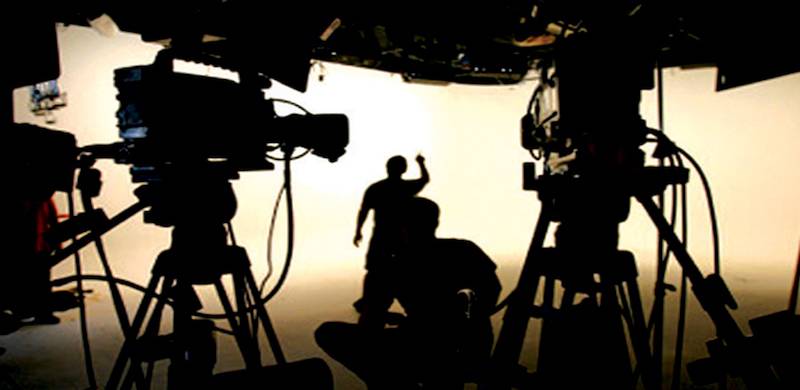
The Pakistan Federal Union of Journalists (PFUJ) is concerned over Tehreek-e-Taliban Pakistan (TTP)'s threatening message wherein the group had warned the media not to use the word 'terrorists' for it.
In its statement, the PFUJ urged the government and media houses to work towards ensuring safety and security for journalists.
In its threatening letter, a TTP spokesman Muhammad Khurasani had warned the media not to use the term 'terrorists' to refer rto the TTP, otherwise they would be considered 'enemies'.
PFUJ president Shahzada Zulfikar and secretary general Nasir Zaidi said that they were concerned about the safety of journalists, particularly those operating in Balochistan and Khyber Pakhtunkhwa (KP).
The statement noted that over 30 journalists were targeted-killed in these two provinces.
“It regretted that not a single case was solved or anyone arrested. “The new threat has again raised alarm in the journalists’ community after a brief calm," the statement read.
The journalists further said that they were being targeted by 'both sides' as banned outfits threaten them for giving space to the state's narrative, while the authorities question them for publishing press release of banned groups.
In its statement, the PFUJ urged the government and media houses to work towards ensuring safety and security for journalists.
In its threatening letter, a TTP spokesman Muhammad Khurasani had warned the media not to use the term 'terrorists' to refer rto the TTP, otherwise they would be considered 'enemies'.
PFUJ president Shahzada Zulfikar and secretary general Nasir Zaidi said that they were concerned about the safety of journalists, particularly those operating in Balochistan and Khyber Pakhtunkhwa (KP).
The statement noted that over 30 journalists were targeted-killed in these two provinces.
“It regretted that not a single case was solved or anyone arrested. “The new threat has again raised alarm in the journalists’ community after a brief calm," the statement read.
The journalists further said that they were being targeted by 'both sides' as banned outfits threaten them for giving space to the state's narrative, while the authorities question them for publishing press release of banned groups.

